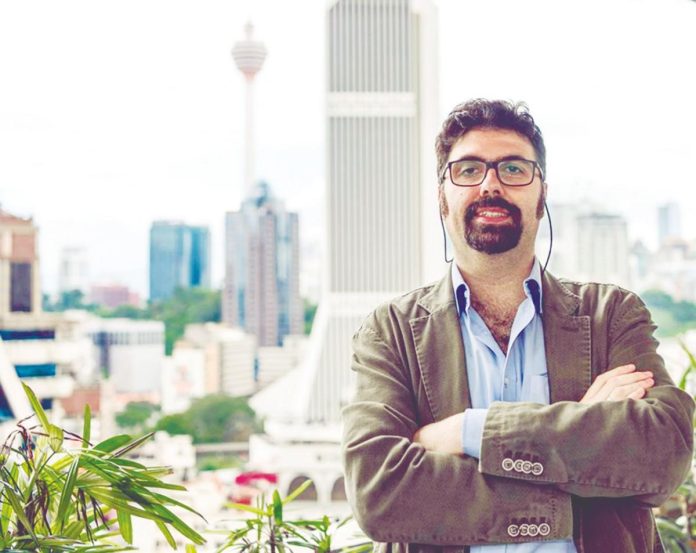PETALING JAYA: The long-term success of the Johor–Singapore Special Economic Zone (JS-SEZ) will depend on how well it aligns with real market demand and supports entrepreneurial innovation, according to Centre for Market Education CEO Dr Carmelo Ferlito.
While tax incentives and strategic planning play a role, he cautioned that lasting economic development can only be driven by deeper, structural forces.
“Incentives go in the right direction,” Ferlito said, referring to the JS-SEZ’s 5% corporate tax rate and 15% personal income tax rate for knowledge workers. “But ultimately, the economic structure needs to be strong on its own, not just a will-o’-the-wisp.”
Jointly developed by Malaysia and Singapore, the SEZ aims to attract high-value investments and create between 20,000 and 100,000 skilled jobs over the next decade. But Ferlito argued that real job creation must come from entrepreneurial experimentation, not government forecasts.
“It’s not about the talent base, which Malaysia already has in abundance. It’s about what the market needs,” he said. “Sustainable employment arises as a response to market signals, not planning. What the market demands can’t be predicted – it’s discovered through bottom-up entrepreneurial activity.”
On the fiscal front, while the SEZ offers aggressive tax breaks to attract investment, Ferlito warned against creating an isolated enclave that strays from national tax coherence.
“A tax system needs to be simple and fair to be effective,” he said. “A special economic zone cannot function in isolation. For long-term sustainability, the broader tax environment must remain consistent nationwide.”
He was also critical of government attempts to steer investment into specific sectors, saying such industrial planning risks distorting the economy.
“Yes,” he replied when asked if there’s a risk of inefficiency. “Investments should be driven by market signals, not government wish lists.”
Ferlito further warned against artificially inflating wages through subsidies or interventions, noting that true income growth must come from productivity and competition.
“Avoid intervention,” he advised. “Let productivity lead.”
Reflecting on previous initiatives such as Iskandar Malaysia and the Sijori Growth Triangle, Ferlito said the JS-SEZ appears more coherent and better structured, but stressed that success still depends on the broader business environment.
“It does look better designed and more organically structured,” he said. “But as I’ve mentioned, an SEZ cannot succeed in isolation. It needs to be supported by ease of doing business across the country.”
On the potential role of Singaporean firms in the SEZ –particularly in areas such as research and development, technology transfer and workforce development – Ferlito reiterated his core principle: let the market lead.
“Let the market decide that,” he said. “Economic order is an emergent order.”
As Malaysia seeks to integrate its economy across borders to future-proof its economy, Ferlito’s message is clear: it is the market – not mandates – that must determine the path forward.








